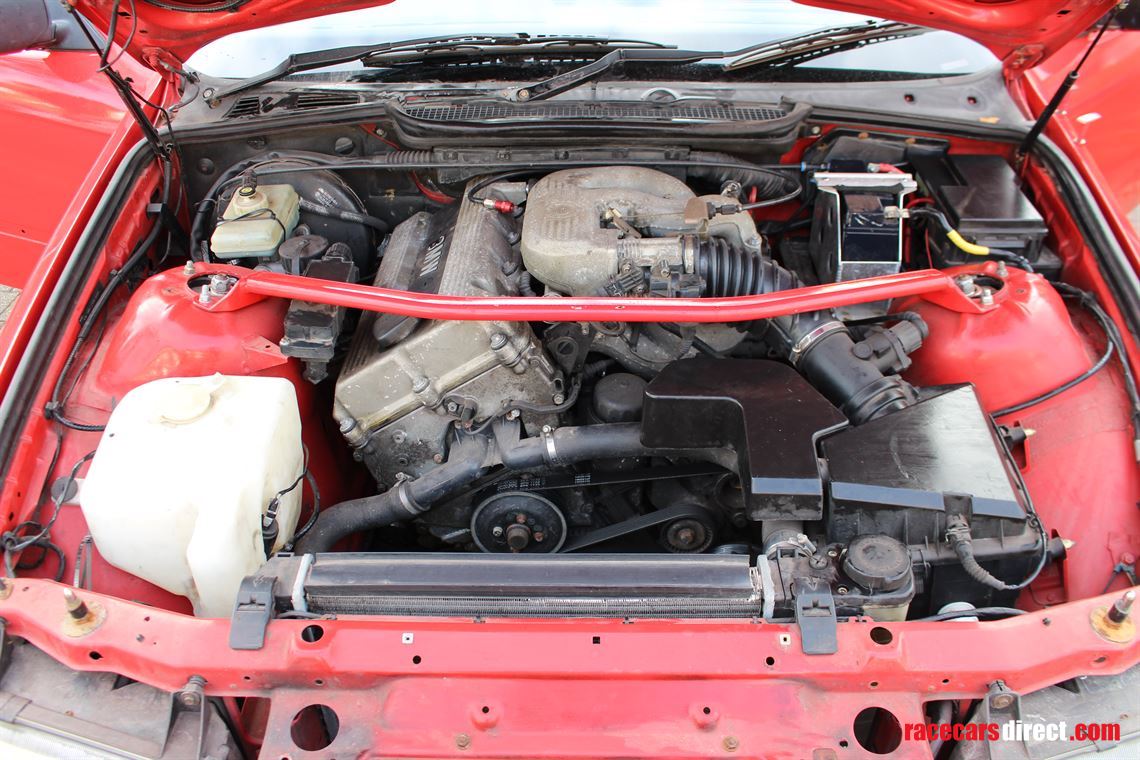BMW 318ti: A Comprehensive Guide to This Compact Giant
BMW 318ti: A Comprehensive Guide to This Compact Giant
Blog Article
Important Factors To Consider for Choosing the most effective Engine for Your Demands
In the realm of picking the optimal engine to fulfill your demands, numerous critical elements need meticulous factor to consider to ensure ideal efficiency and effectiveness. From the nuanced balance in between power and efficiency to the often-overlooked elements of upkeep and solution requirements, each element plays a pivotal duty in identifying one of the most suitable engine for your particular demands. As the complexity of engine innovations remains to develop, critical the most fitting choice demands a deep understanding of the interplay between various considerations. By checking out the complex web of factors that underpin this decision-making procedure, a more clear path arises towards choosing an engine that not just meets but exceeds your assumptions.
Power and Efficiency
When assessing engines for optimum performance, it is important to focus on both power result and efficiency. Effectiveness refers to how well the engine transforms gas right into useful energy. By thoroughly evaluating both power and effectiveness, you can pick an engine that delivers optimal performance and satisfies your needs properly.
Fuel Performance and Economy
Fuel efficiency refers to the engine's ability to transform gas into energy with marginal waste, straight affecting operating costs and environmental sustainability. Engines with greater gas performance not just decrease fuel expenditures however likewise decrease carbon exhausts, adding to a greener procedure.

Compatibility and Application
Taking into consideration the fuel performance and economic situation of an engine, the next vital aspect to address is its compatibility and application within specific functional contexts. Compatibility refers to exactly how well the engine incorporates with the general system or tools it powers. It involves variables such as physical dimensions, placing options, electric user interfaces, and control systems. Making sure compatibility is important to protect against problems such as getting too hot, vibrations, or power discrepancies (bmw 318ti).
Furthermore, the application of the engine is similarly vital. Different engines are made for specific purposes, whether it be industrial machinery, aquatic vessels, automobiles, or power generators. Understanding the desired application allows for the selection of an engine that can deliver the necessary power outcome, torque, and functional features. A high-revving engine made for efficiency cars would not be suitable for heavy-duty construction equipment that needs high torque at low speeds.
Maintenance and Service Requirements
Upkeep and solution requirements play a crucial function in making certain the longevity and ideal efficiency of an engine. Routine upkeep is vital to stop failures, expand the lifespan of the engine, and maintain weblink its effectiveness. When selecting an engine, it is necessary to take into consideration the supplier's recommended maintenance schedule and the availability of service centers or qualified professionals.
Elements such as the frequency of oil modifications, filter replacements, and general assessments can dramatically influence the engine's efficiency. Some engines may require more frequent servicing based on their layout and use, while others might have longer periods in between upkeep checks. It is essential to stick check my blog to these solution demands to prevent expensive repair work and unforeseen downtime.

Price and Budget Plan Considerations
Spending plan restrictions typically play a significant duty in the decision-making process when choosing an engine for a particular application. When taking into consideration the expense and budget plan implications of selecting an engine, it is crucial to analyze not only the first acquisition price however also the long-lasting expenditures linked with maintenance, gas consumption, and prospective upgrades or fixings. It is important to strike an equilibrium between the in advance price of the engine and its overall lifecycle costs to make sure that the chosen engine stays monetarily sustainable throughout its operational life expectancy.
Factors such as fuel integrity, why not try these out effectiveness, and resilience can directly influence the total price of ownership of an engine. While an extra costly engine may have greater upfront prices, it might possibly result in lower upkeep and fuel costs over time, thus supplying better worth in the long run.
Conclusion

Gas efficiency refers to the engine's capability to transform fuel into energy with marginal waste, straight impacting operating expenses and ecological sustainability.Elements affecting gas efficiency include engine style, burning performance, and total performance optimization. Additionally, choosing the ideal fuel type and grade as suggested by the engine maker can better enhance efficiency and prolong engine life expectancy.
Engines with good serviceability features and easily available parts can minimize upkeep expenses and lessen the time the engine is out of procedure - bmw 318ti. It is crucial to strike a balance between the upfront price of the engine and its total lifecycle prices to make certain that the selected engine remains economically sustainable throughout its functional lifespan
Report this page